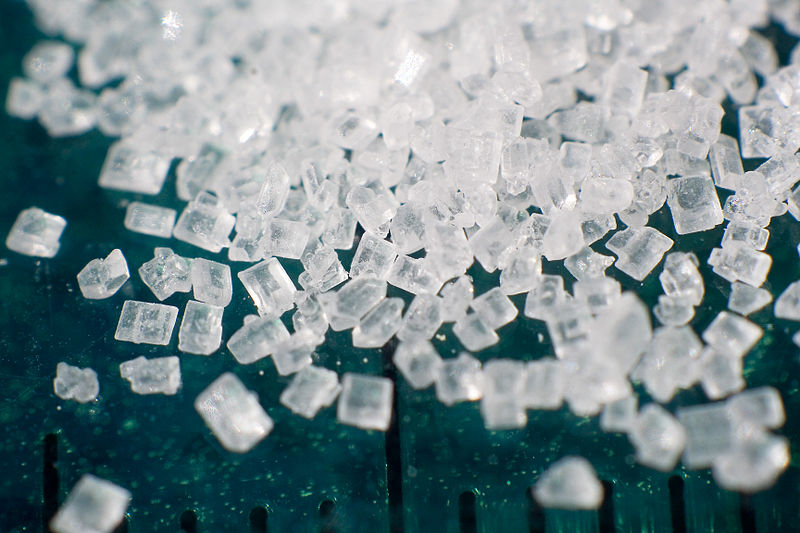What a week for sugar! We’ve had Jamie Oliver condemning it whilst surrounded by prosthetic limbs and extracted teeth and meanwhile the Great British bake off contestants are shunning it in favour of supposedly healthier bakes containing fancier alternatives.
I feel compelled to peel back the media hype once again and set a few things straight.
The Scientific Advisory Committee on Nutrition released a report in July that recommended we reduce our free sugar consumption to no more than 7 teaspoons a day, with free sugars being defined as all sugars that are added to foods during production. This is completely separate from naturally occurring sugars found in fruit, veg and dairy products.
As Jamie was left staring at his man-sized portion of branflakes in disbelief, there seemed to be a wave of frustration on twitter. Are we all being tricked by food manufacturers to eat more sugar than we realise as it secretly lurks in foods without our knowledge? Yes I agree we need to be smart about what we put in our trollies but I don’t think the nation’s diabetes epidemic can be blamed on a man-sized bowl of branflakes…
Fact: Sugar is needed in some foods to act as a preservative or to improve the palatability of a food (Branflakes versus cardboard). It’s when it’s added in excess that you need to be careful.
My advice: Consider your own portion size first – this is far more important in controlling your waist line. Use fresh ingredients as much as possible and if unsure check the ingredients list – if sugar is in top three it will contain more sugar than perhaps you first thought. Products selling themselves to you as low fat only are especially ones to watch as they may have additional sugars added to make up for the lack of fat. Look for the phrase no added sugars instead or other legal claims such as low sugars or sugar free. Reduced sugars means 30% less than the standard product so out of context can be very misleading.
Fact: As well as advising sugar reduction the latest review of the evidence clearly shows the continued benefits of more fibre. We already don’t achieve the recommended 18g per day – now it’s been increased to 30g! Yikes.
My advice: Let’s stop demonising carbs and use them to our advantage – regulated portions of healthy wholegrains to boost our fibre intakes and protect our long term heart and bowel health.
Fact: Sugar itself does not cause diabetes with the exception of a definite association between consumption of high sugar drinks and onset of diabetes. Sugar also contributes to dental caries risk and to obesity risk through excess calories. It is a fuel at the end of the day. If you use that fuel up, it does you no harm at all (dental health aside).
My advice: Don’t drink calories! Sugar is clearly at its most deceiving in drinks where it can be easily drunk and absorbed without you realising it. Keep drinks to those made using artificial sweeteners (and yes they’re fine), a maximum of 150mls per day of pure fruit juice or better still just stick to water.
Fact: Naturally occurring sugars found in the cells of fruit and vegetables as well as lactose found in dairy products are not included within the 7 teaspoon limit.
My advice: Stop using fancy gadgets to blend your fruit – let your body do that for you. Simply pick up a piece of fruit with your hand and eat it! And don’t avoid dairy – but that’s another blog entirely!
Fact: Your intestine can’t see the food label and therefore doesn’t recognise the difference between sucrose or other simple sugars in their purest form e.g. honey or agave syrup. Neither it appears, can bake-off duo Mary and Paul!
My advice: Be as experimental as you want in the kitchen as you aspire to be the next star baker, but don’t do it with the illusion that it is any better for you – portion size and context within the rest of your diet is the most important thing.
I appreciate this is hard to navigate, even Jamie Oliver with all his experience is learning stuff for the first time. If you’re confused speak to a Registered Dietitian.


Leave A Comment